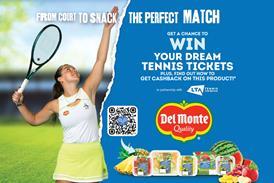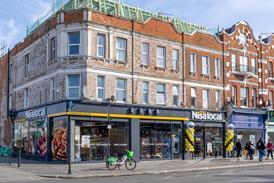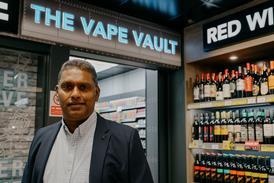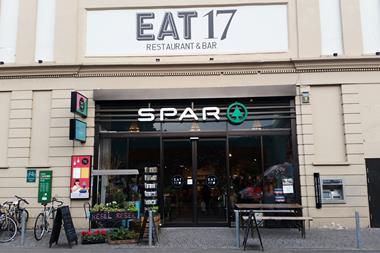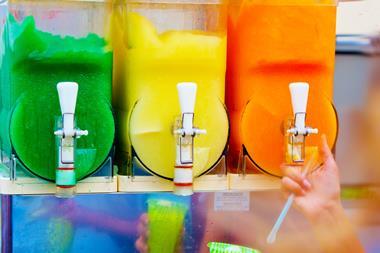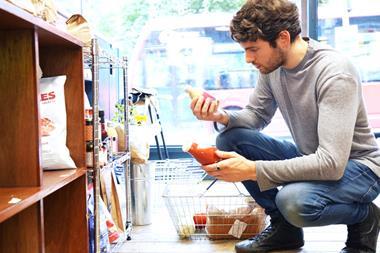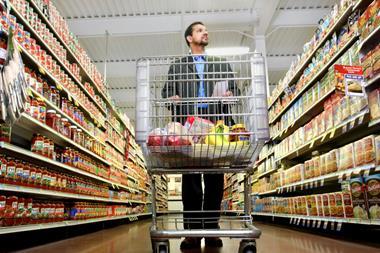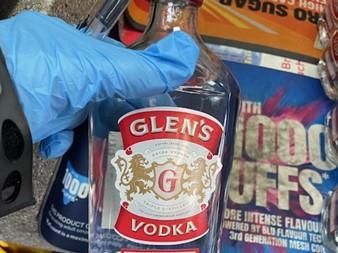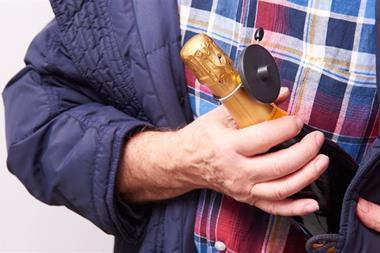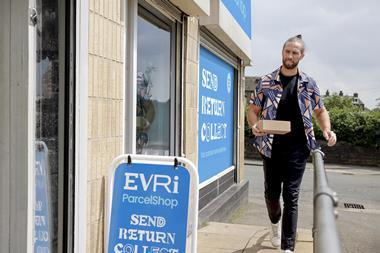- More from navigation items
- Home
- Advice
- Your Business
- Your Stories
- Products
- Stores
- Awards
- Category Management
 Cereals: quality staples drive momentum in the breakfast aisleThis content is provided by Weetabix
Cereals: quality staples drive momentum in the breakfast aisleThis content is provided by Weetabix No- and low-alcohol: drive sales and profits in beer's fastest growing segmentThis content is provided by Asahi
No- and low-alcohol: drive sales and profits in beer's fastest growing segmentThis content is provided by Asahi Soft drinks: driving sales this winterPaid for and in partnership with Coca-Cola Europacific Partners
Soft drinks: driving sales this winterPaid for and in partnership with Coca-Cola Europacific Partners
Retailer brands: Make your mark
26 July 2019

A successful own brand offer can set you apart and provide a welcome margin boost, but be prepared for some hard graft
ALREADY HAVE A REGISTERED USER ACCOUNT? PLEASE LOG IN HERE
To read the full story join the ConvenienceStore.co.uk community today!
Registration is quick and easy and provides access to:
- Unlimited ConvenienceStore.co.uk articles
- Our great range of newsletters
- Content you’ve saved for later via the ‘my library’ feature
And much more…
Related articles
More from Your Business
Unlimited Access + Newsletters
Register today to gain unlimited access to articles and to receive our great range of email newsletters.
© William Reed Ltd 2025. All rights reserved.
Registered Office: Broadfield Park, Crawley RH11 9RT. Registered in England No. 2883992. VAT No. 644 3073 52.
Website Terms | Privacy Notice | Cookie Statement | Cookie Preferences
Registered Office: Broadfield Park, Crawley RH11 9RT. Registered in England No. 2883992. VAT No. 644 3073 52.
Website Terms | Privacy Notice | Cookie Statement | Cookie Preferences
Site powered by Webvision Cloud





![Muller_Bliss_Whipped_Elevated_Lemon_Meringue_Pie_FF[87]](https://d2dyh47stel7w4.cloudfront.net/Pictures/274x183/2/2/2/352222_muller_bliss_whipped_elevated_lemon_meringue_pie_ff87_462652_crop.jpg)
